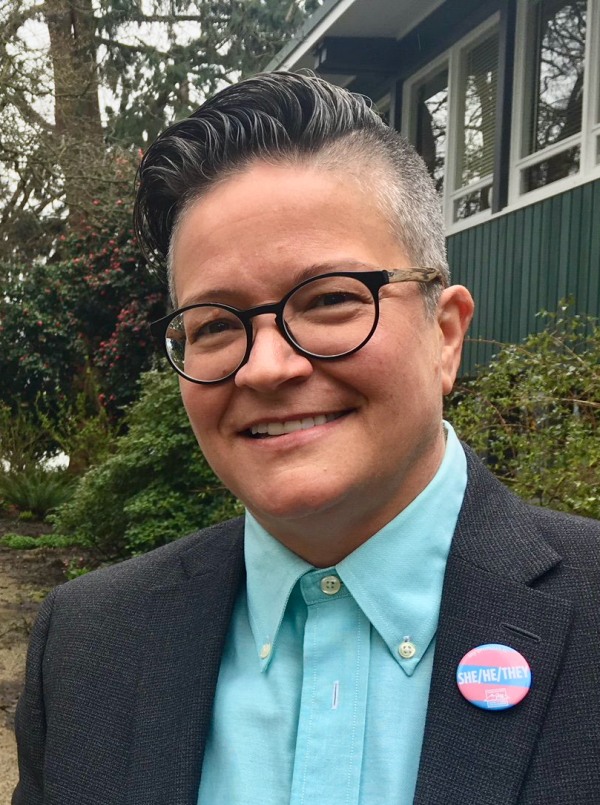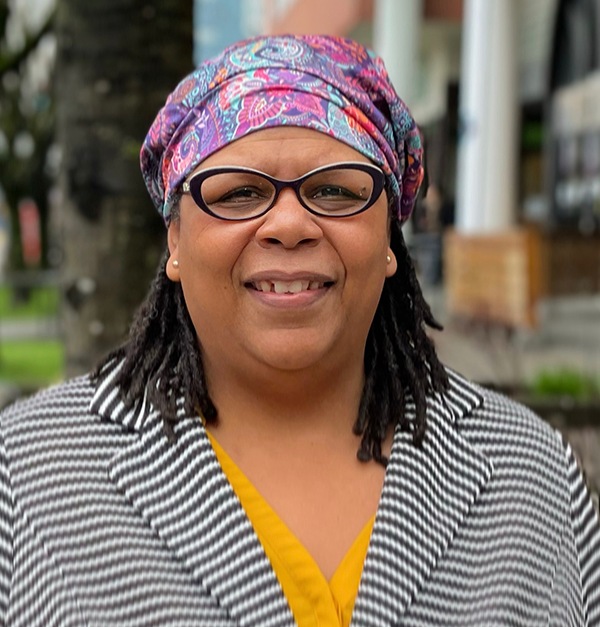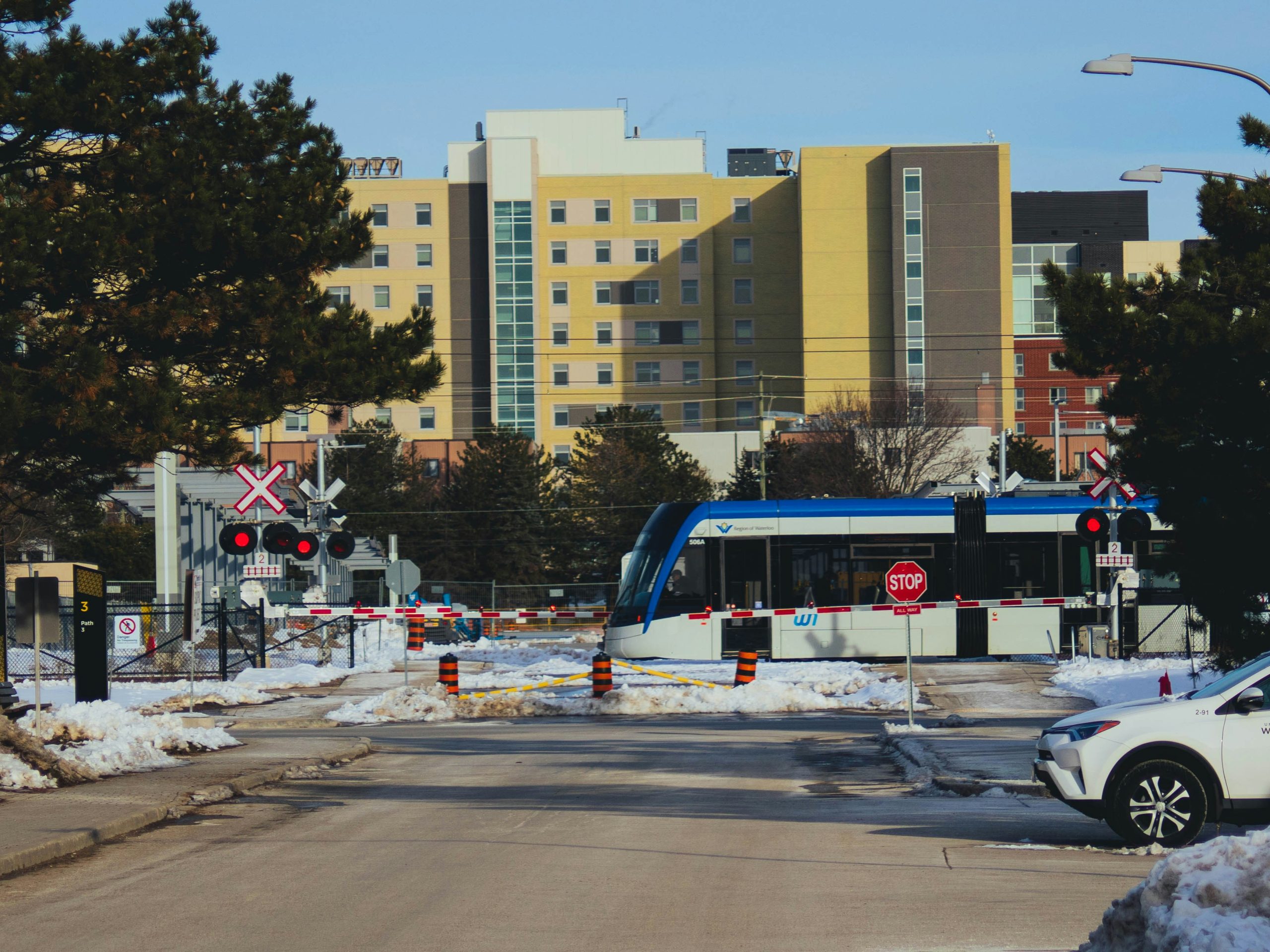Featured Guest
You’ll find this guest among our growing roll of Urban Champions.
-

Leilani Farha
Global Director, Make the Shift
-

Donnie Rosa
General Manager, Vancouver Board of Parks and Recreation
-

Catherine McKenney
Ottawa City Councillor
-

Betty Lepps
Director, Urban Relationship, Vancouver Board of Parks and Recreation
5 Key Takeaways
A roundup of the most compelling ideas, themes and quotes from this candid conversation
1. Using a human rights-based approach
Leilani Farha explained that when we consider encampments as a violation of human rights, our perspective, sense of urgency, and resource allocation changes. When people living in encampments are recognized as people whose rights of health, life, and ability to maintain employment have been violated, their relationship with government changes. By acknowledging that people are experts in their own lives and have ideas regarding their immediate and long-term plans, we can adapt the way we engage to be more meaningful.
2. Banning encampment communities is not the answer
Councillor Catherine McKenney described how Ottawa doesn’t see as many encampments, due to a different jurisdiction of the lands. However, this doesn’t mean people are not unhoused, but rather that they are forced to scatter. Without encampments, there is also nowhere to deliver services comprehensively. Some alternative solutions Ottawa has explored include the unsheltered task force or respite centres. These services allowed staff to get to know people and their individual needs, developing a more meaningful engagement.
3. There is strength in different governance structures
After joining the Strathcona Park team with Vancouver Parks and Recreation, Donnie Rosa realized the true extent of their role. Vancouver has a separate, independent, elected board who runs the park system. which allowed her and Betty Lepps to take their time developing new collaborations. By following the mandate that no one would be kicked out of the park without having adequate housing secured for them, the team brought a harm reduction lens and created Betty’s formal position as Director of Urban Relationships. They then convened meetings between the city, residents of the camps, Indigenous communities, and health agency Vancouver Coastal Health to bring everyone together under the purpose of providing wellbeing for park users.
4. The role of municipalities
All panellists acknowledge there is a need for intergovernmental relationships due to the complexity of the issue. Nonetheless, they also advocated for redistributing resources and placing the responsibility to end homelessness on the municipalities. Catherine McKenney noted that in Ottawa, they know the exact number of dollars it could take to achieve the National Housing Strategy of reducing core housing needs and ending homelessness. Due to unique conditions in every city, it can be hard to address local needs under provincial rules. Furthermore, Donnie Rosa argued that if municipalities complete all their tasks, the conversation on adequate housing can then happen in the right place.
5. The potential of meaningful engagement
Through strategies like expanding the role of Parks and Recreation, or developing respite centres, civic workers have become a sort of second responders with added responsibilities. For this reason, Leilani Farha shared the protocol she co-authored. Although many are working on it, there are a lack of examples of positive meaningful engagement with unhoused people. Therefore, compassion and training in harm reduction should be tools that these civic workers have when trying to help. By moving beyond the narrative of people in encampments as criminals, we can begin to learn about each other’s stories.
Full Panel
Transcript
Note to readers: This video session was transcribed using auto-transcribing software. Manual editing was undertaken in an effort to improve readability and clarity. Questions or concerns with the transcription can be directed to events@canurb.org with “transcription” in the subject line.
Full Audience
Chatroom Transcript
Note to reader: Chat comments have been edited for ease of readability. The text has not been edited for spelling or grammar. For questions or concerns, please contact events@canurb.org with “Chat Comments” in the subject lin
From Canadian Urban Institute: You can find transcripts and recordings of today’s and all our webinars at https://canurb.org/citytalk



